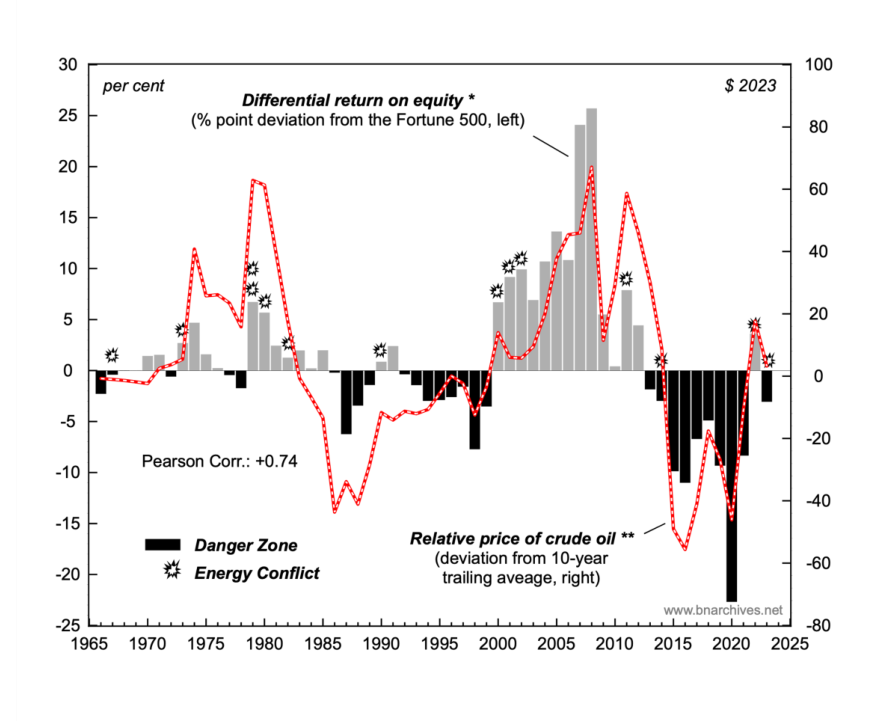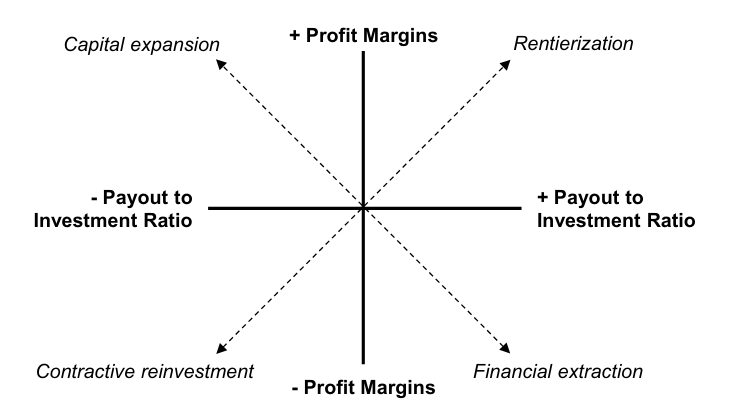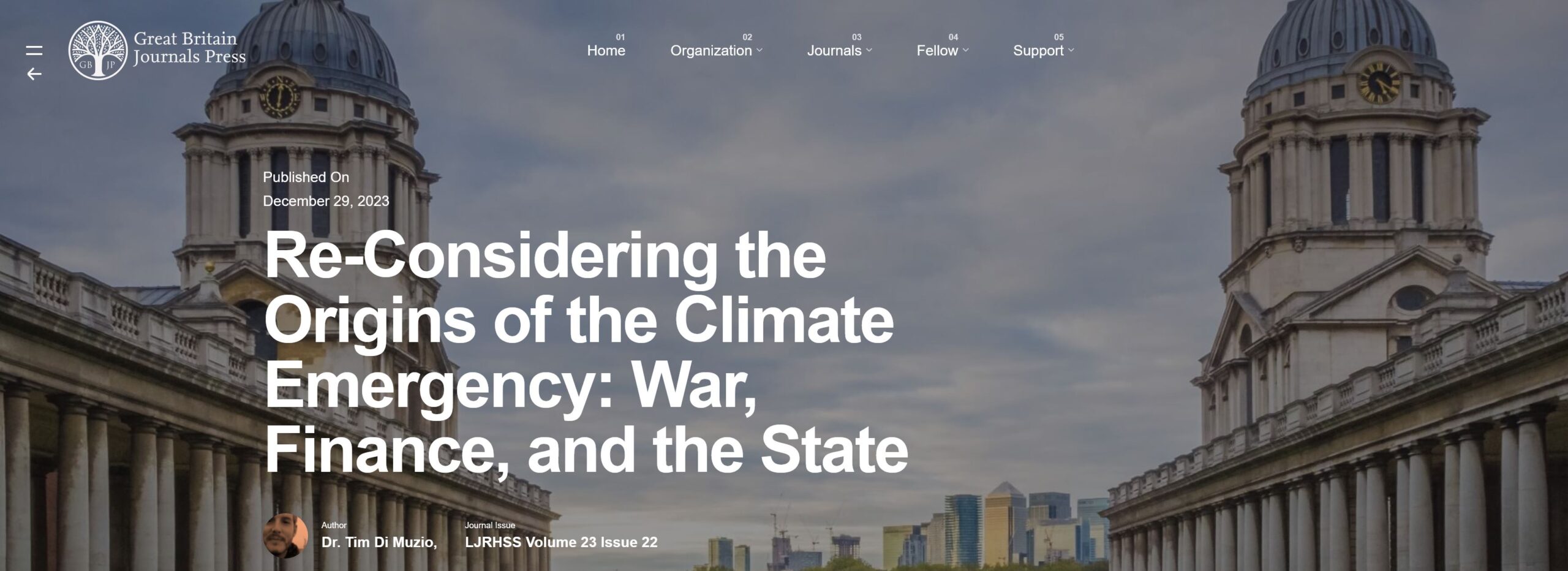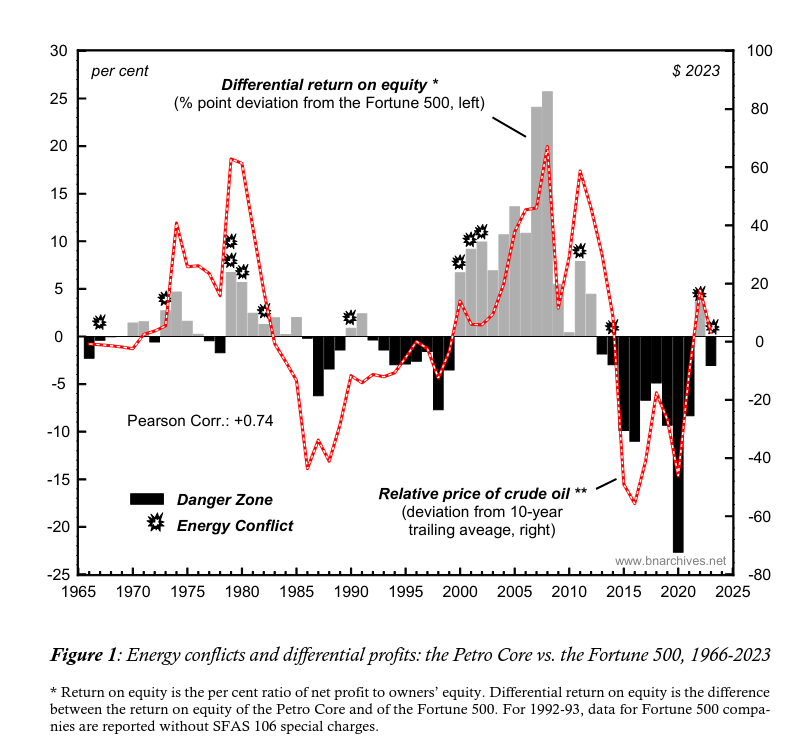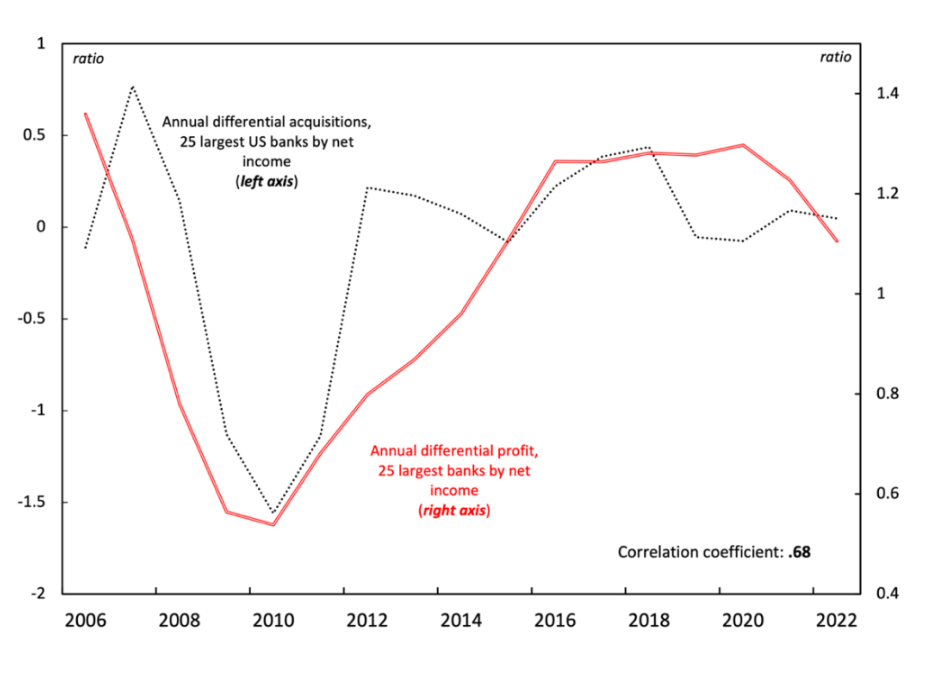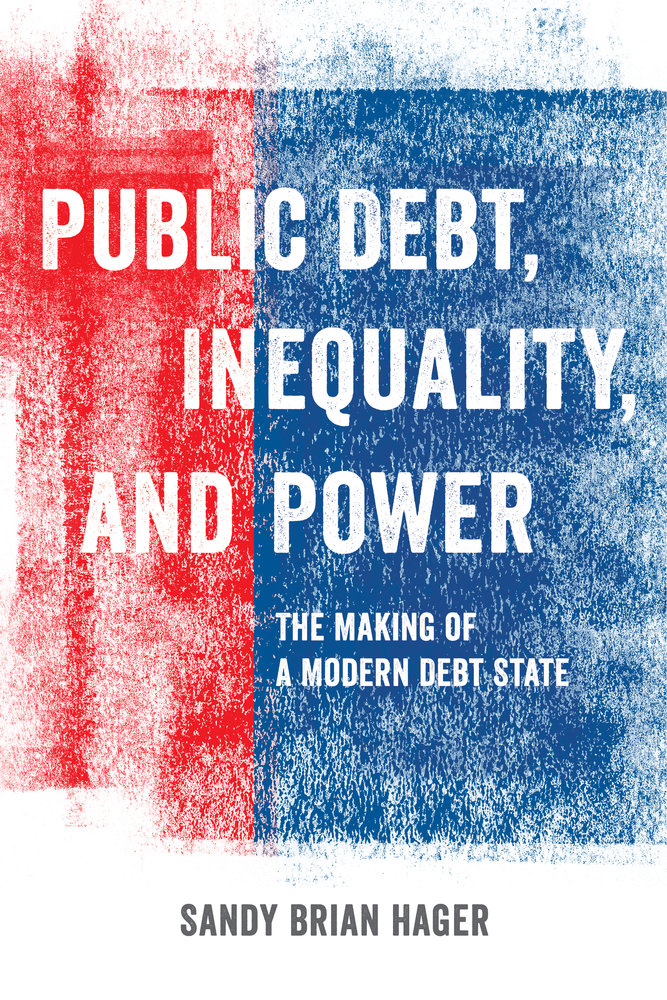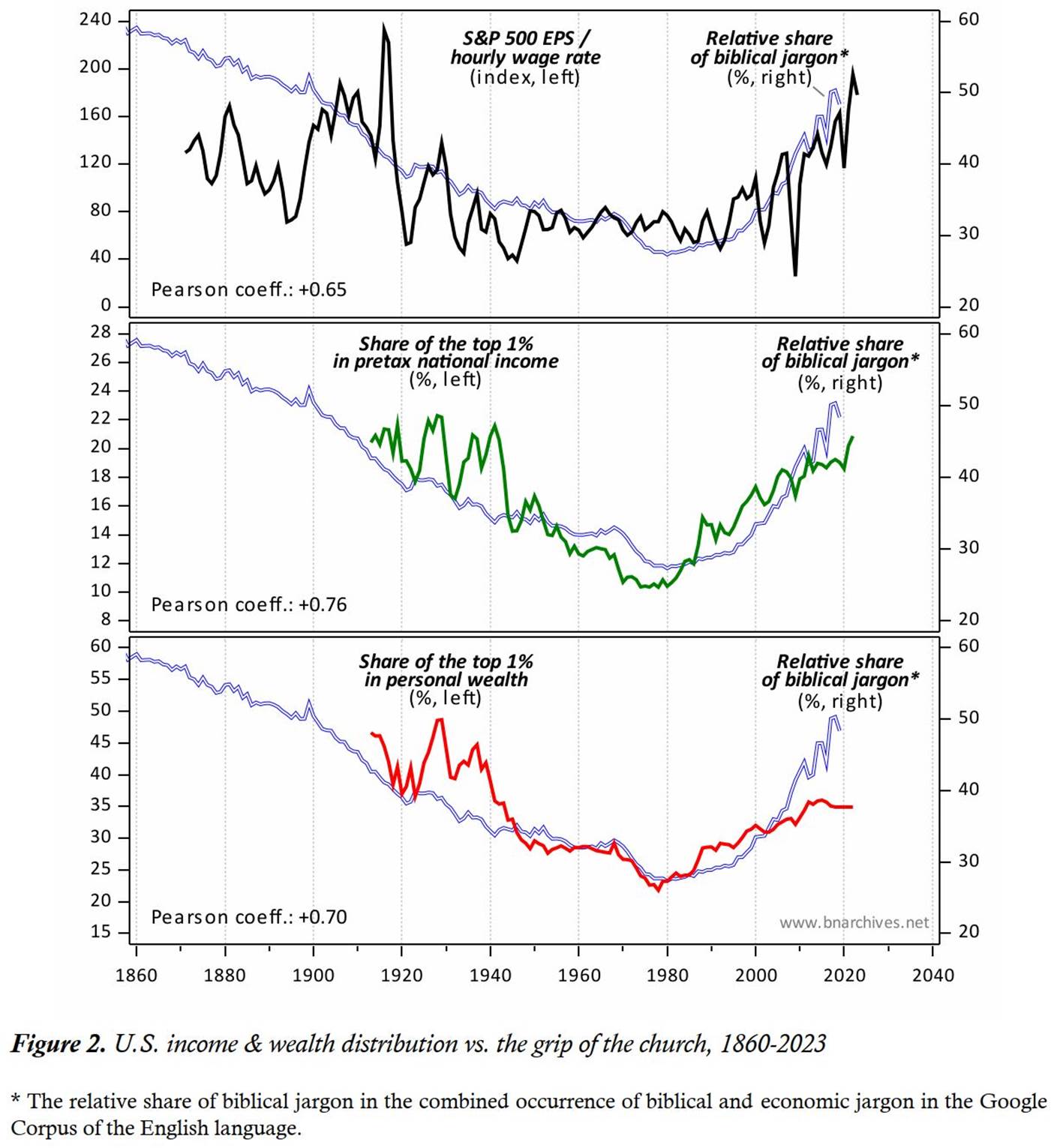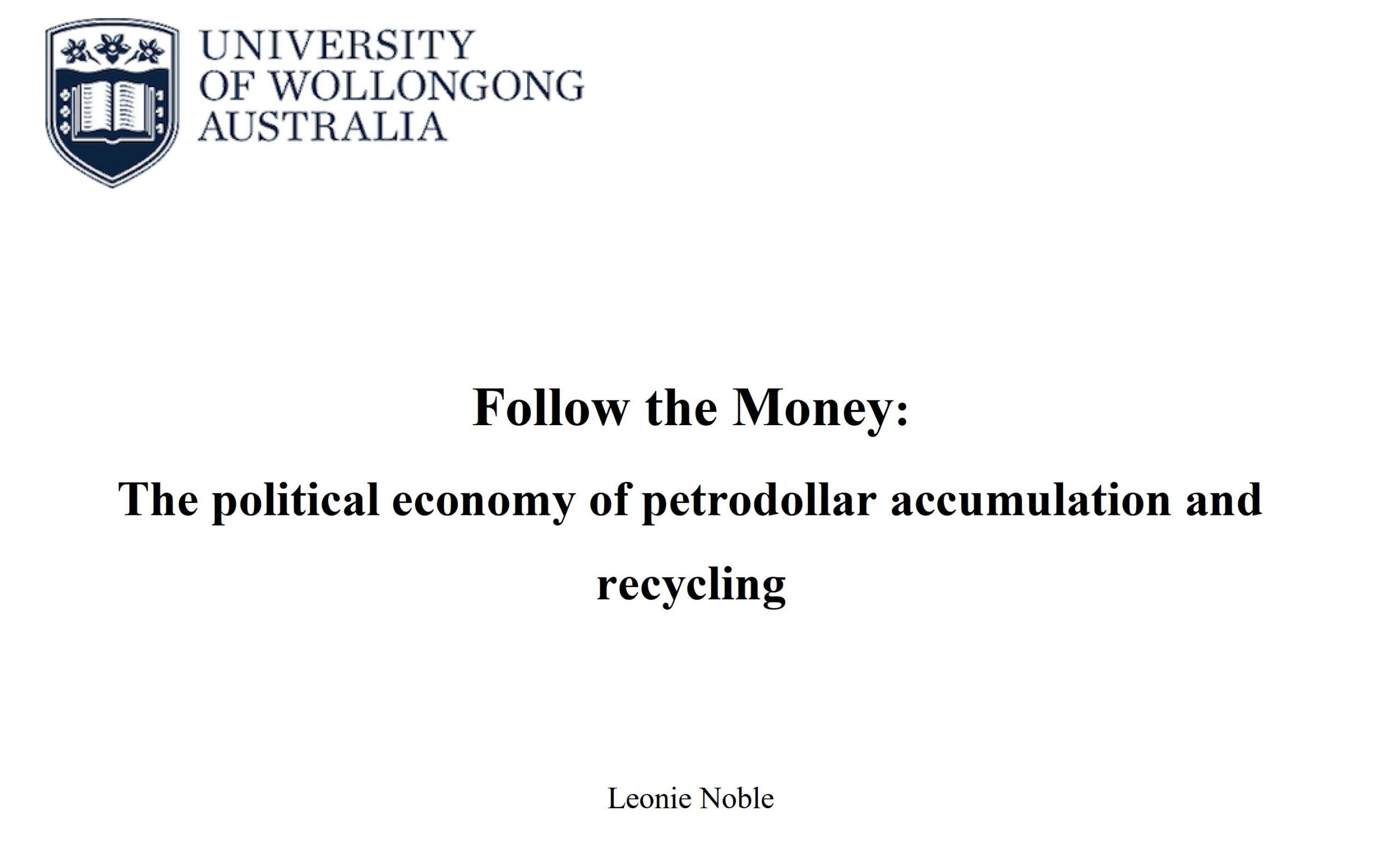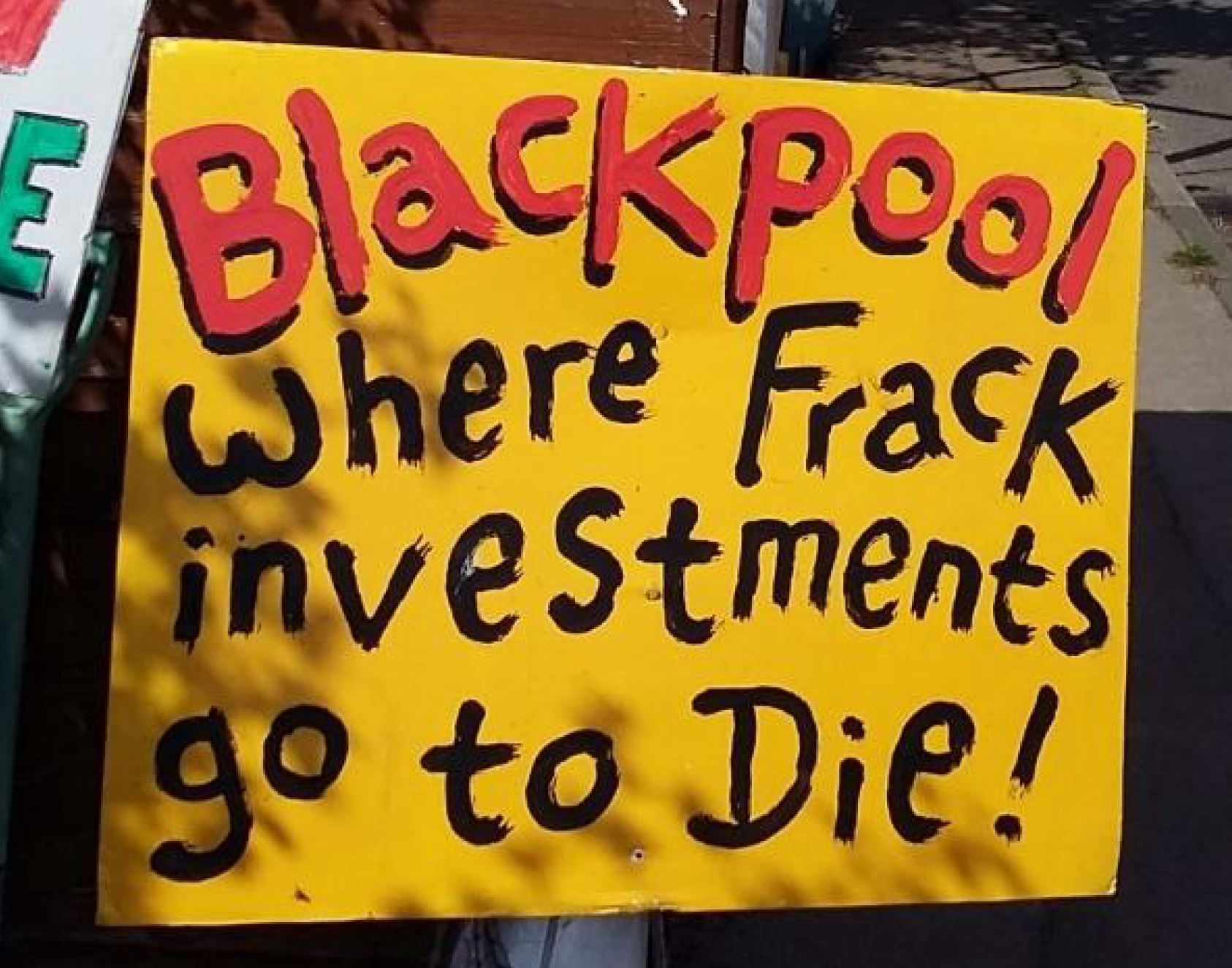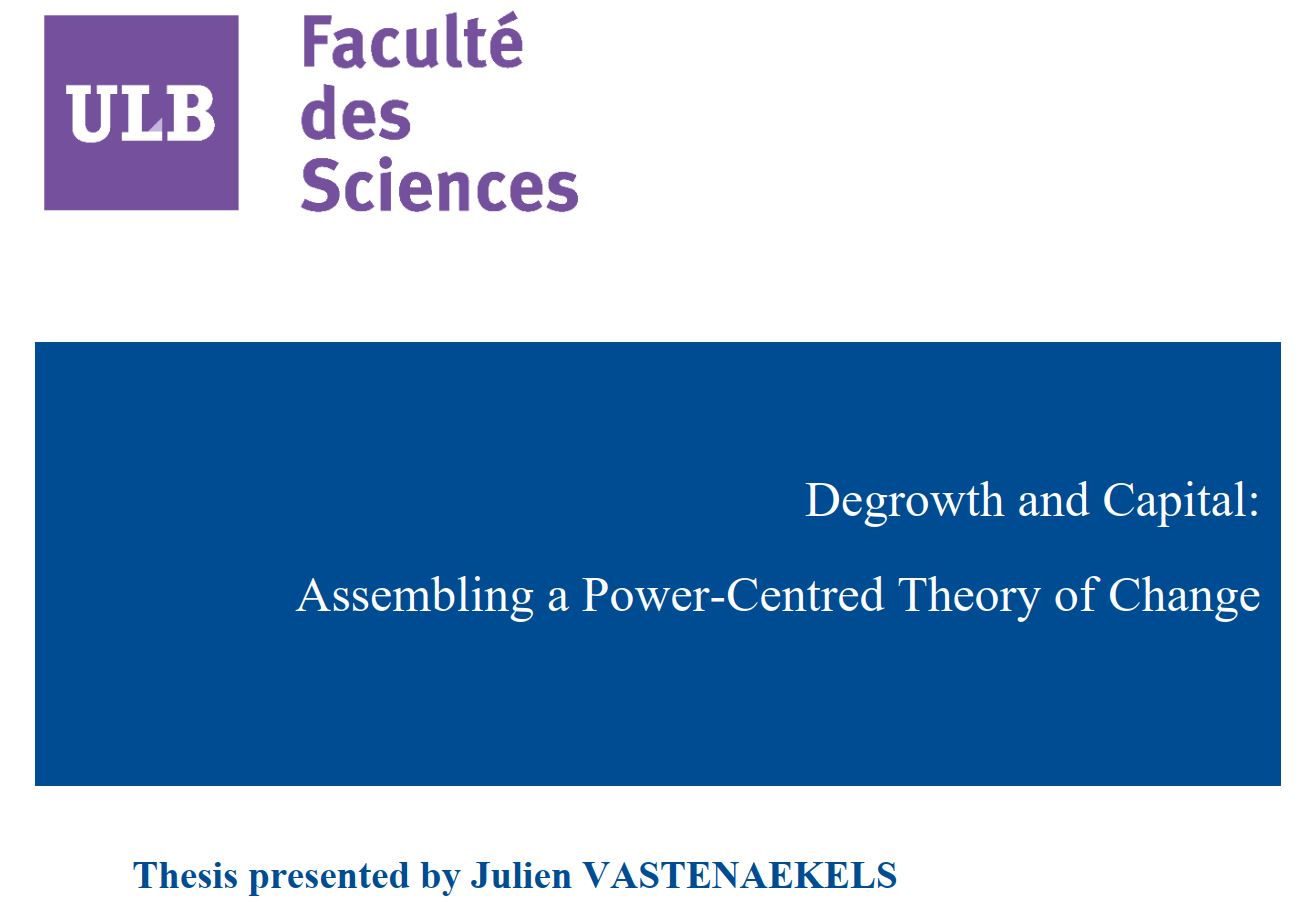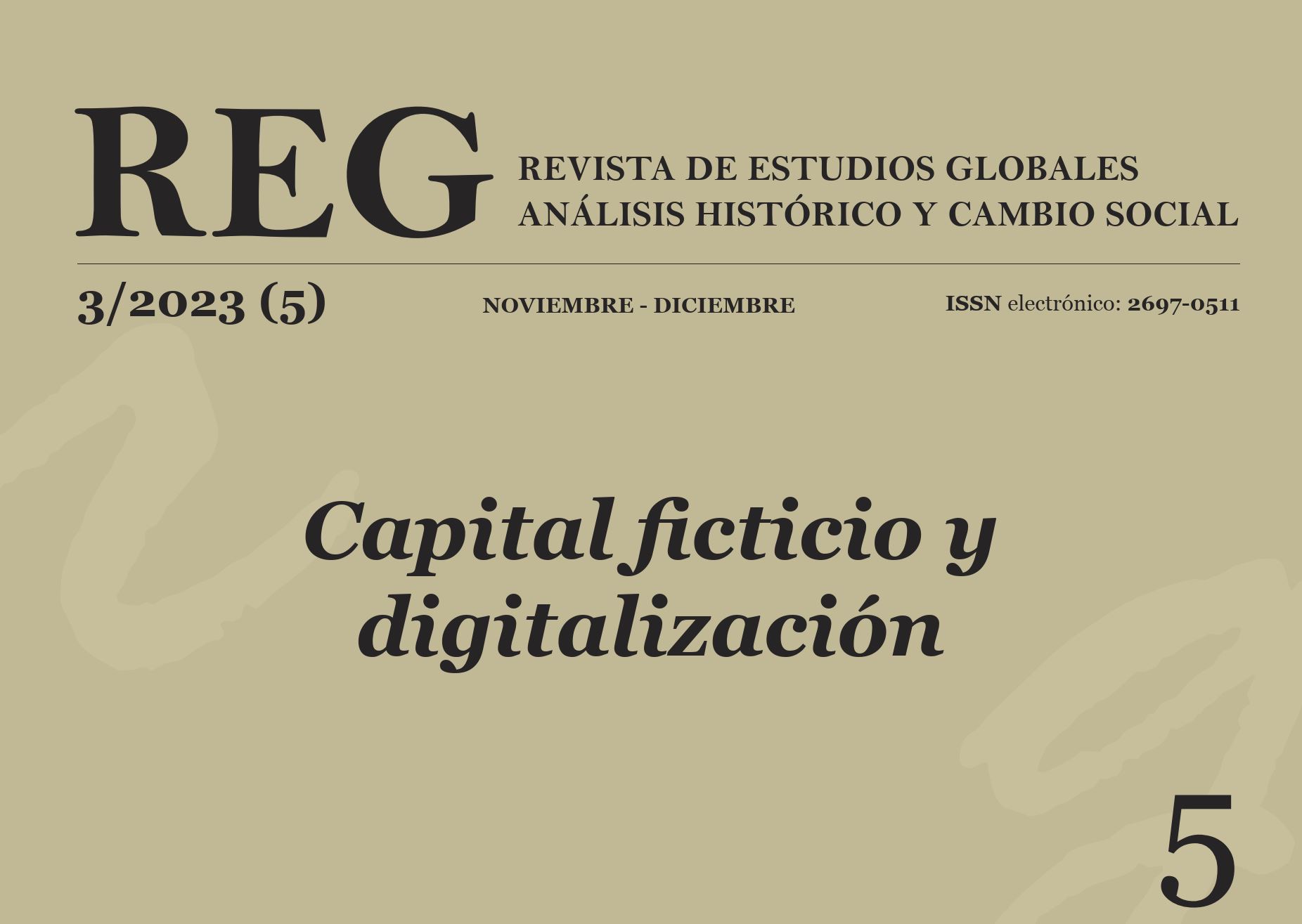Abstract Our recent article on ‘The Road to Gaza’ examined the history of the three supreme-God churches and the growing role of their militias in armed conflicts and wars around the world. The present paper situates these militia wars in the broader vista of the capitalist mode of power. Focusing specifically on the Middle East, […]
Continue ReadingBaines & Hager, ‘Rentiership and Intellectual Monopoly in Contemporary Capitalism’
Abstract The concepts of rentiership and intellectual monopoly have gained increased prominence in discussions about the transformation of global capitalism in recent years. However, there have been few if any attempts to construct measures for rentiership and intellectual monopoly using firm-level financial data. The absence of such work, we argue, is symptomatic of conceptual challenges […]
Continue ReadingDi Muzio, ‘The War on Cars’
Abstract In the face of the impending climate emergency, an anonymous manifesto surfaces online by the mysterious El Grillo declaring a war on cars. As the manifesto spreads around the world, activists from all over the globe begin to destroy private automobiles. As the cornerstone of modern civilization comes under increasing threats, government, and industry […]
Continue ReadingBichler & Nitzan, ‘הדרך לעזה: על משטרי הכוח וכנסיות האל העליון היחיד (The Road to Gaza: On Modes of Power and Supreme-God Churches)’
Abstract מלחמת הקודש המתנהלת בין המיליציות הרבניות לבין המיליציות האיסלמיות הינה מסוג חדש. אבל הדרך למלחמה בעזה נסללה עוד לפני כששת אלפים שנה, בעת שקמו לראשונה משטרי המלוכה-כהונה במסופוטמיה. אוליגרכיות אלה היו הראשונות שיצקו תשלובת חזקה של מלך עריץ בארמון וכוהני אל-עליון במקדש. ילידי המזרח התיכון היו הראשונים בהיסטוריה האנושית שזכו בכבוד להתקיים כנתינים כנועים […]
Continue ReadingDi Muzio & Dow, ‘Re-Considering the Origins of the Climate Emergency: War, Finance, and the State’
Abstract One of the most important and recurring debates in the field of International Political Economy and international affairs are the links between capitalism, fossil fuel energy and climate change. In these debates, the origins of our current climate emergency are rooted in how Britain became the first country to become reliant on mass production […]
Continue ReadingAmerican Mirrors & The Echoes of Empire: The historical record & the Rockefellers’ campaign against Peter Lougheed in Alberta
Coda to the 6-part series Alberta’s Rockefeller Coups Regan Boychuk Since a small and relatively weak people living alongside a great and powerful people necessarily devotes much time to study and observation of its large neighbour, Canadians probably understand Americans better than Americans understand Canadians. This situation has its dangers. (Round Table 1941bp. 353) The act […]
Continue ReadingBichler & Nitzan, ‘The Road to Gaza, Part II: The Capitalization of Everything’
Abstract Our recent article on ‘The Road to Gaza’ examined the history of the three supreme-God churches and the growing role of their militias in armed conflicts and wars around the world. The present paper situates these militia wars in the broader vista of the capitalist mode of power. Focusing specifically on the Middle East, […]
Continue ReadingMouré, ‘Consolidation and Crisis in the US Banking Sector 1980-2022’
Abstract Much of the economic analysis of banking crises focuses on the interplay between concentration and stability. A common theory is that concentration is associated with greater stability, whereas competition is associated with instability. In this view, there is a trade-off between, on the one hand, the higher prices and higher profits associated with a […]
Continue ReadingMouré, ‘A Critical Review of Sandy Brian Hager’s Public Debt, Inequality, and Power’
Abstract Hager’s project examines the historical development of US public debt ownership and its political implications. His main innovation is to approach the topic from the perspective of disaggregated social class and frame questions of public debt ownership in terms of social inequality and power. He tackles four questions: who are the owners of the […]
Continue ReadingBichler & Nitzan, ‘The Road to Gaza’
Abstract The war that started in 2023 between Hamas and Israel is driven by various long-lasting processes, but it also brings to the fore a new cause that hitherto seemed marginal: the armed militias of the Rabbinate and Islamic churches. The Rabbinate militias, embodied in Jewish settler organizations, have taken over not only Palestinian lands, […]
Continue ReadingNoble, ‘Follow the Money: The Political Economy of Petrodollar Accumulation and Recycling’
Abstract This thesis makes two unique contributions to the International Political Economy literature. It presents the first comprehensive, empirical investigation of petrodollar accumulation and recycling spanning the period 1980-2021. It also corrects the misconception that petrodollar recycling in the 1970s and 1980s involved the extension of loans to developing countries using fractional reserve banking and […]
Continue ReadingMarshall, ‘Rethinking the Political Economy of Environmental Conflict: Lessons from the UK Fracking Controversy’
Abstract As governments and corporations have intensified their efforts to locate, extract, and capitalise oil, gas, and various other biophysical materials, the world has simultaneously witnessed a proliferation of social resistance to these efforts. While taking many forms, such resistance, and concomitant ecological distribution conflicts (EDCs), are invariably motivated by a diverse range of objections […]
Continue ReadingVastenaekels, ‘Degrowth and Capital: Assembling a Power-Centred Theory of Change’
Abstract In the context of contemporary socio-environmental shifts, the concept of “degrowth” advocates for transforming societies to ensure environmental justice and a well-being for all within planetary boundaries. This PhD thesis, positioned within degrowth studies, provides a processual, holistic and interdisciplinary exploration of the dynamics between degrowth transformations and capital accumulation, understood as an all-encompassing […]
Continue ReadingLet them eat semaglutides
Originally published at sbhager.com Sandy Brian Hager Reading in the latest FT Weekend about NovoNordisk’s recent moves to corner the market for weight loss drugs, I was reminded of an eye-opening article from Rana Foroohar late last year. In that piece, the always-sharp Foroohar discusses the emergence of new blockbuster drugs known as semaglutides. These […]
Continue ReadingSCMS Presentation: The Political Economic Roots of Hollywood Strikes, 1950-2023
Originally published at notes on cinema James McMahon This paper investigates the timing of labour strikes in Hollywood. The occurrence of strikes, such as the WGA and SAG-AFTRA strikes in 2023, can make sense when we have the hindsight to piece together the historical details of what created rifts between labour and management. But was […]
Continue ReadingBichler & Nitzan, ‘The Mismatch Thesis. Fiction and Reality in the Accumulation of Capital’
Abstract Political economists, both mainstream and Marxist, find it difficult to reconcile the «real» and «financial» appearances of capital. The conventional view is that «real» capital is an objective productive entity; that «finance» merely reflects this reality; and that, unfortunately, the reflection is often inaccurate, causing the two to «mismatch». This convention, we argue, is […]
Continue ReadingAlberta’s Rockefeller coups, Part 6: The Financial Frauds of American Empire Are Driving Climate Disaster, But Both Could Still Be Thwarted
Regan Boychuk Author’s Note: John D. Rockefeller Sr. had the last laugh about American anti-trust law and the muck-raking media before descending to Dante’s 9th Circle in May 1937. The oil industry’s center of gravity had begun shifting towards Texas after Spindletop in 1901, but Rockefeller coups across North America in 1931, 1935, 1938, and 1940 […]
Continue Reading
